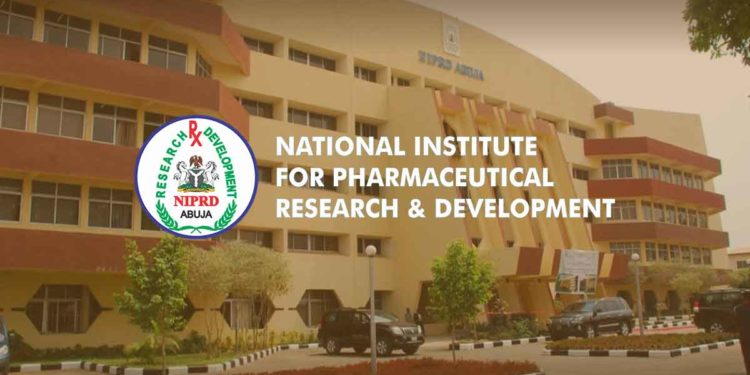The National Institute for Pharmaceutical Research and Development (NIPRD) has distributed NIPRISAN, Niclovix and other anti-sickle cell drugs to patients in FCT to curb the menace of sickle cell disease.
Briefing newsmen, the director general, research clinic (NIPRD), Dr Margaret Ekpenyong, stated that the health week programme was to create more awareness and educate all Nigerians especially at the local communities to prevent the feature occurrences in the society.
Ekpenyong noted that the United Nations has recognised SCD as a global public health concern, and the World Health Organization (WHO) recommends that 50% of member states would have established SCD control programs by 2023.
Children less than 18 years of age in Africa have the highest rate of morbidity which makes entire African countries take lead of this deadly disease so far.
However, the incidence, prevalence, morbidity and mortality; current practices and challenges related to screening, diagnosis and treatment; recommendations for practice, policy and research to improve health outcomes of children with SCD in Africa.
The institute was designated as a center of excellence in Africa’s sub-sahara region in research and development of drugs, vaccines, phytomedicines and diagnosis towards improving the health and wellbeing of Nigerians.
“We have also achieved sickle cell disorder, tuberculosis, malarial, fungal infections, diabetes, HIV/AIDS, and health data management since the inception of the institute.
“There have been significant improvements in the morbidity and mortality rates for children with SCD in high resource countries such as the United States due to factors such as early diagnosis through newborn babies screening programs, prophylactic therapy, comprehensive care programs including hydroxyurea therapy, and bone marrow transplant.”
“Many of these interventions can confer the same benefits to SCD patients in Africa. Newborn screening for SCD, developing partnerships between high resource countries and countries in Africa to support training of healthcare workers, research, and sharing of knowledge can help to reduce the SCD burden in Africa,” Ekpenyong added.



